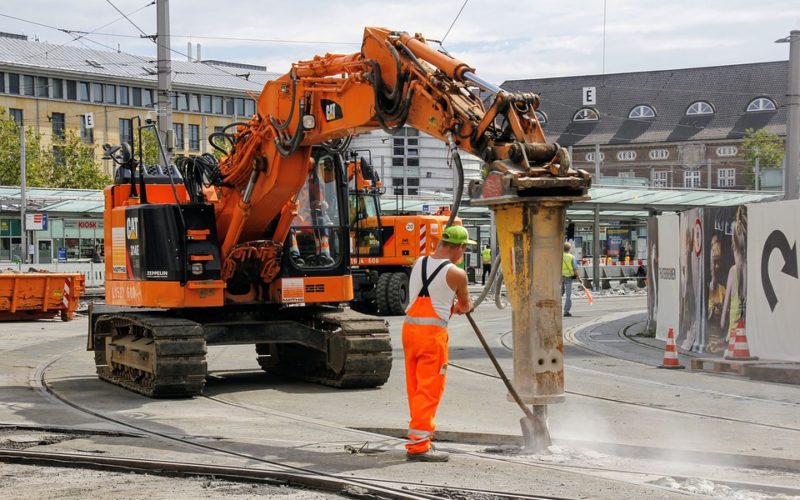Affordable housing has become an increasingly pressing issue in many parts of the world. With rising property prices and limited availability of land, the dream of homeownership is slipping further away for many individuals and families. The situation is exacerbated by a lack of effective policies to address the root causes of the housing shortage, leading to a crisis that impacts both urban and rural areas.
The impact of rising property prices
One of the primary drivers of the housing crisis is the steady increase in property prices. Over the past decade, house prices have risen significantly faster than wages, making it difficult for many people to afford to buy a home. This trend has been particularly pronounced in major cities, where demand for housing far outstrips supply. The result is that a growing number of people are being priced out of the housing market, leading to increased demand for rental properties and higher rents.
Limited availability of land
Another major factor contributing to the housing crisis is the limited availability of land for new housing developments. In many areas, there is simply not enough land available to build the number of homes needed to meet demand. This shortage is often due to a combination of factors, including restrictive zoning laws, environmental regulations, and the high cost of land acquisition. As a result, developers are often unable to build new homes at a rate that keeps pace with population growth, further exacerbating the housing shortage.
The role of government policy
Government policy plays a crucial role in shaping the housing market and addressing the crisis. However, many current policies are inadequate or poorly implemented, failing to address the underlying issues of housing affordability and land availability. In some cases, government regulations and red tape can even hinder development by making it more difficult and expensive to build new homes. To effectively combat the housing crisis, governments need to implement comprehensive policies that encourage the development of affordable housing and streamline the approval process for new projects.
Innovative solutions to the housing crisis
In response to the housing crisis, some cities and organisations are exploring innovative solutions to increase the supply of affordable housing. For example, modular and prefabricated housing can be built more quickly and at a lower cost than traditional construction methods. Additionally, repurposing underutilised commercial buildings and vacant lots for residential use can help to increase the availability of housing in urban areas. These and other creative approaches have the potential to make a significant impact on the housing crisis if implemented on a larger scale.
The importance of community involvement
Addressing the housing crisis requires a collaborative effort from all stakeholders, including government, developers, and the community. Local residents can play a crucial role in advocating for affordable housing and supporting new developments in their neighbourhoods. By working together, communities can help to ensure that new housing projects are designed to meet the needs of their residents and that development is carried out in a way that preserves the character and quality of life in their areas.
The housing crisis is a complex and multifaceted issue that requires a comprehensive and coordinated response. By addressing the root causes of rising property prices and limited land availability, implementing effective government policies, and exploring innovative solutions, it is possible to make progress towards ensuring that everyone has access to affordable, safe, and secure housing. The involvement of the community in these efforts is also essential, as it helps to create a sense of ownership and support for new housing developments. Only by working together can we hope to overcome the housing crisis and create a more equitable and sustainable future for all.























